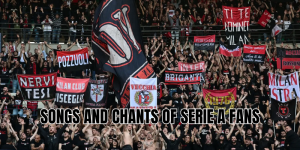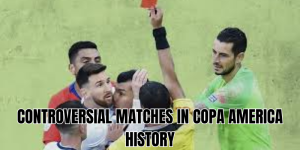In the electrifying world of European club football, how does UCL work is a question on every fan’s lips—especially after UEFA’s sweeping reforms. Gone are the familiar group stages; in their place is a revamped “league phase” designed to inject urgency, drama, and more heavyweight matchups. In this article, DeutKick will take you step by step through the new Champions League format, how teams qualify, how the knockout rounds are structured, and what these changes mean for your favorite clubs.
Qualification and Entry Into the Champions League
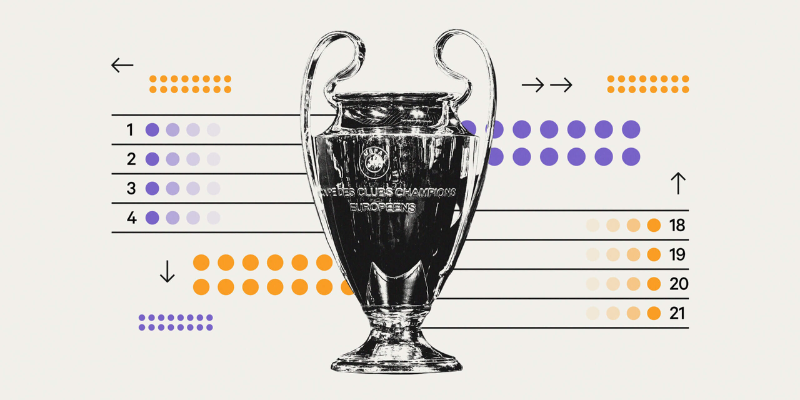
Direct Entries vs. Qualifying Rounds
Clubs earn UCL spots primarily based on their performance in domestic leagues, and via their country’s UEFA coefficient ranking. For the 2025–26 season, 29 teams gained direct entry to the league phase, while 7 slots were filled through qualifying rounds and play-offs.
Some clubs begin in earlier qualifying rounds depending on their association ranking; winners of two-legged ties advance until the final play-off round.
The associations with the highest collective coefficient (i.e., nations whose clubs perform best in UEFA competitions) are rewarded with additional slots in the league phase.
The Role of Coefficients and Associations
Each national league’s strength is measured by its club coefficient, derived. In short: the stronger your national league’s clubs perform, the more openings you get in the Champions League proper.
The League Phase: The Heart of the New Format
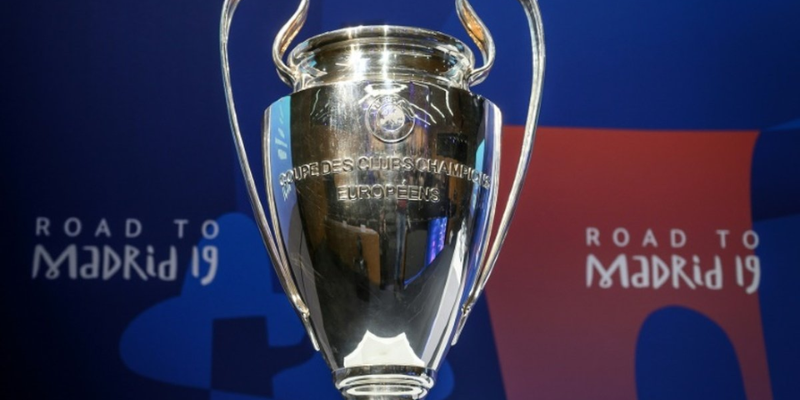
From Group Stage to Swiss-Style League Phase
One of the biggest changes: there are no longer groups of four teams facing duplicates home and away. Instead, 36 clubs are placed in a single combined pool and compete in a “league phase”.
Each team plays 8 different opponents (not a full double round robin). Home and away matches are balanced—four of each.
Matchups are drawn such that each club plays two teams, and there’s a cap on how many teams, this is technically an incomplete round robin format.
Points, Ranking, and Advancement
- Win = 3 points
- Draw = 1 point
- Loss = 0 points
At the end of the 8 matchdays, all teams are ranked in one table by points.
- Teams ranked 1st to 8th qualify directly for the Round of 16.
- Teams ranked 9th to 24th enter a knockout-playoff round (two-legged) to fight for the remaining 8 seats in the Round of 16.
- Teams in positions 25th to 36th are eliminated outright.
Draw Mechanics and Seeding
Draws are semi-automated and use software to ensure fairness in matchups, respecting constraints.
Only two major draws are held in the knockout phase now:
- One for the knockout-playoffs
- One for the Round of 16, which then defines the bracket all the way to the final.
- There is no longer a full random draw at every knockout stage. Also, the “country protection” rule (which used to prevent teams from the same nation facing off in early knockout rounds) is relaxed or removed depending on the stage.
Knockout Rounds: From Playoffs to Final
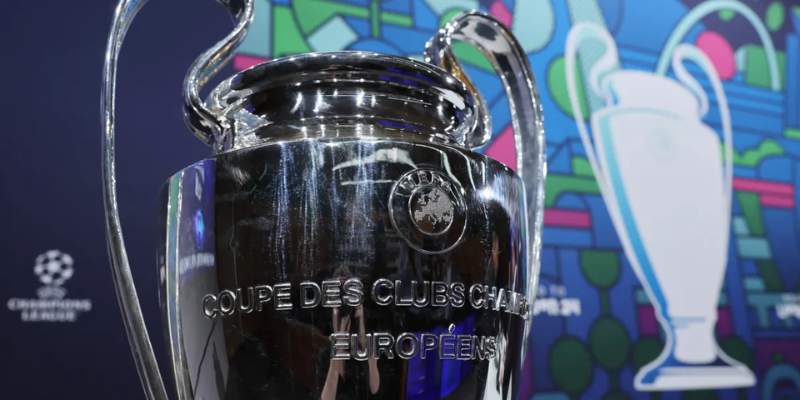
Knockout-playoffs Round
Teams finishing 9th–24th in the league phase are paired in two-legged ties. The winners of those ties earn entry into the Round of 16, where they join the top 8 seeds.
Round of 16 and Beyond, the format returns to a more familiar knockout style:
- Two-legged ties (home and away) for Round of 16, Quarter-finals, Semi-finals
- A single final match held at a neutral venue (for 2025–26, that is Puskás Aréna in Budapest).
- Teams that finished higher in the league phase get certain advantages—such as hosting the second leg in their knockout ties.
- No more mid-knockout draws: the bracket is mapped.
Timeline & Key Dates
Here’s a rough calendar of how a UCL season plays out under the new format:
- Qualifying & Play-offs: Summer (July–August)
- League Phase (8 matchdays):. Knockout-playoffs: February
- Round of 16: March
- Quarter-finals: April
- Semi-finals: Late April / Early May
- Final: Late May (e.g. 30 May 2026)
All matches in the knockout rounds (except final) are two-legged. The final is a one-off.
Because there are more matches than before—each team must prepare for high-stakes games from the start—the margin for error shrinks.
Why Did UEFA Change It? Pros, Cons, and Fan Reactions
What UEFA Wanted to Achieve
- More “big matchups” earlier: Under old group formats, many marquee clubs were segregated; now you can see giants clash even in the league phase.
- Increased revenue & exposure: More games, more broadcasting appeal.
- More meritocracy: Clubs must consistently perform — you can’t coast.
- Better engagement across all matchdays: Even mid-table matches may have significance for rankings or playoff chances.
What Critics Say
- Unequal strength of schedule: Since teams face different opponents, some get “harder draws” than others, which can distort standings.
- Less room for error, more pressure: A couple of bad results early can knock you out entirely.
- Complexity for casual fans: The transition. Others argue the format reduces the number of “dead rubbers”—games with nothing to play for—enhancing competition.
Tips For Fans Watching & Following UCL Under The New Format
- Watch every matchday—they all matter: Because of the league format, even matches between mid-tier clubs can influence top-24 placement.
- Check which opponents your club faces: Strength of schedule changes impact standings.
- Note home/away leg order in knockouts: Teams ranked higher in the league phase often get the advantage of hosting the decisive second leg.
- Follow the bracket early: Once the Round of 16 draw is set, you can map the path to the final.
- Track coefficient changes by nation: Success in UCL/Europa affects how many slots your domestic league gets in future seasons.
Conclusion
How does UCL work today? It’s evolved into a high-intensity, drama-rich spectacle. The old group stage is gone. In its place is a single league phase of 36 teams, each playing eight matches against different opponents. The top 8 go straight to the Round of 16; teams in 9th–24th battle it out in playoff ties, while those 25th–36th are eliminated., the Champions League returns to knockout ties and a one-off final in May.
This new format rewards consistency, raises stakes. The Champions League has a new face—and you won’t want to miss a minute.

